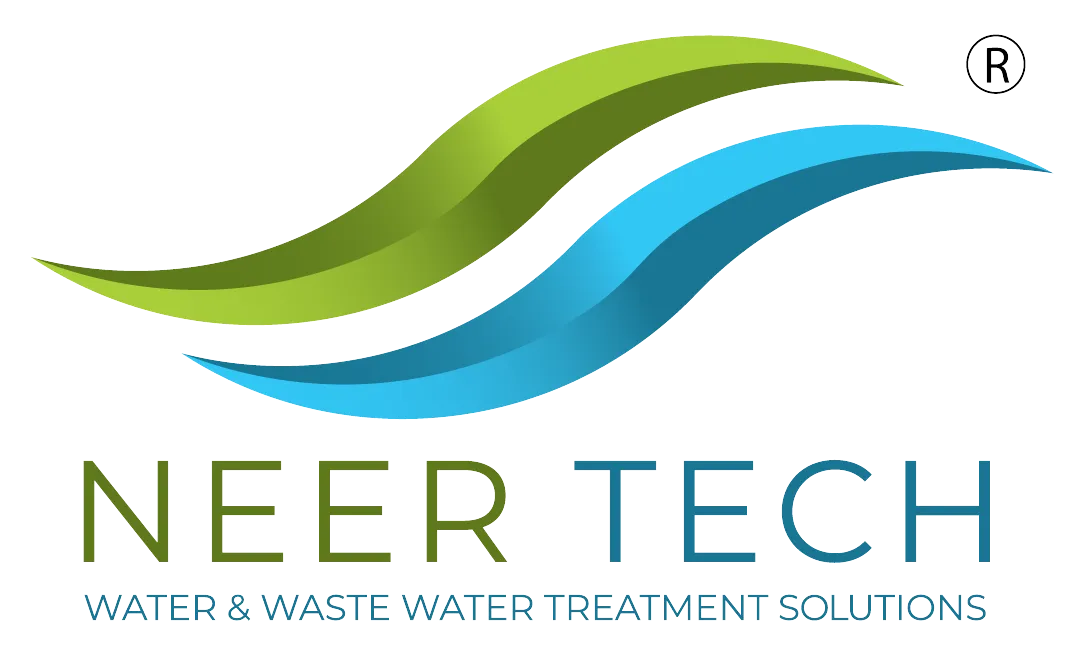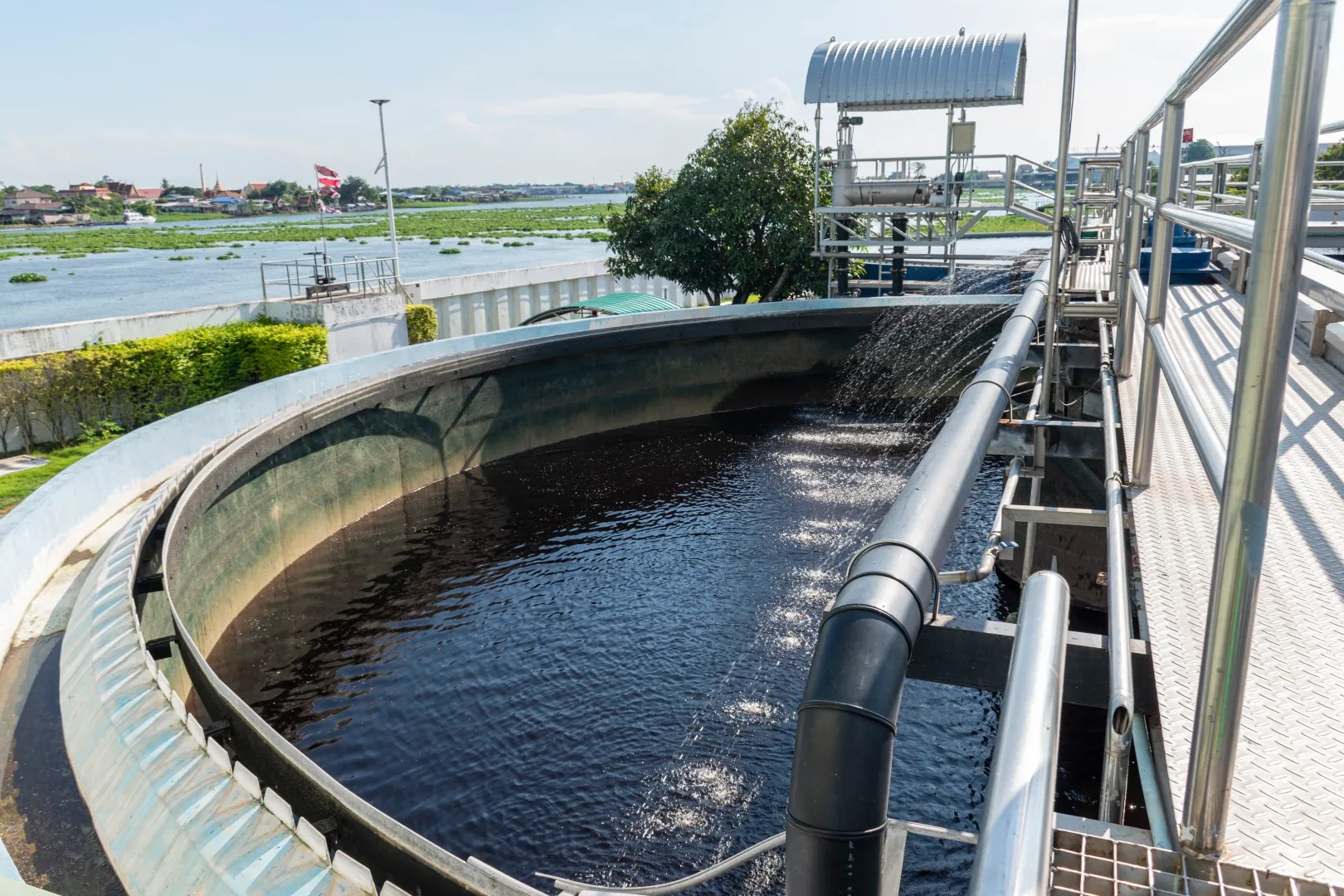A Sewage Treatment Plant (STP) is a important component of urban infrastructure that helps to maintain water quality by treating wastewater and sewage. It uses a combination of physical, chemical, and biological processes to remove contaminants from sewage water. This process not only prevents the contamination of local water bodies but also makes water suitable for reuse in many industrial, agricultural, and even domestic applications.
As we advance towards a more sustainable future, sewage treatment solutions are becoming a necessity for cities, industries, and residential areas. This blog will take you through the essential aspects of Sewage Treatment Plants, our designs, the treatment processes involved, and why we are important for making sure clean and healthy water. If you're looking for a reliable solution to your wastewater issues, you've come to the right place.
What is a Sewage Treatment Plant (STP)?
The purpose of a sewage treatment plant (STP) is to clean and process wastewater produced by homes, businesses, and industries. Wastewater is contaminated with harmful substances, and it's crucial to remove these contaminants before the water can be returned to the environment or reused.
The main aim of an STP is to reduce pollution, improve water quality, and conserve water resources. This is achieved through multiple stages of treatment, such as primary, secondary, and tertiary processes, each designed to address different types of contaminants. The goal is to ensure that the water released back into rivers, lakes, or used for irrigation or industrial applications is free of harmful pathogens and pollutants.
Sewage Treatment Plant Design
The design of a Sewage Treatment Plant depends on several factors, including the volume of wastewater to be treated, the level of treatment required, the space available for the plant, and the end-use of the treated water. Below are the main stages in the design and operation of an STP:
1. Preliminary TreatmentIt involves the removal of large solids like plastic, paper, and rags using screens, grit chambers, and settling tanks. This stage prevents clogging in the subsequent treatment processes.
2. Primary TreatmentThe goal of primary treatment is to remove organic materials and bigger suspended particles from wastewater. In this stage, water passes through large sedimentation tanks, where solids settle at the bottom as sludge, while the remaining liquid flows to the next stage for further treatment.
3. Secondary TreatmentSecondary treatment is often the most complex stage in a Sewage Treatment Plant. It uses biological processes to break down organic matter. Microorganisms are introduced into the water to decompose organic pollutants. The two common methods of secondary treatment are activated sludge processes and trickling filters. This stage removes dissolved and suspended organic matter that primary treatment couldn't handle.
4. Tertiary TreatmentTertiary treatment is the final stage in a Sewage Treatment Plant. It involves advanced filtration processes such as sand filtration, activated carbon adsorption, and chemical treatments to remove remaining contaminants and pathogens. In some plants, disinfection methods like ultraviolet (UV) treatment or chlorine are used to kill any remaining bacteria and viruses.
5. Sludge TreatmentAfter the primary and secondary treatments, the sludge that accumulates in the tanks needs to be treated separately. The sludge undergoes dewatering, digestion, and stabilization. In some cases, it can be converted into biogas or compost, providing an eco-friendly solution for waste disposal.
Sewage Treatment Solutions for Residential, Industrial, and Commercial Use
Sewage treatment solutions the type of institution, the amount of wastewater produced, and the planned use of the treated water all influence the sewage treatment methods available. Here is a summary of the several options that are available.
Residential STPsIn residential settings, sewage treatment plants are usually smaller in size and are designed to treat water from single homes or residential complexes. These plants often incorporate compact sewage treatment solutions with biological treatment processes and can be used for recycling water for non-potable uses like gardening or flushing toilets.
Industrial STPsIndustries often produce large volumes of wastewater that contain chemical contaminants, heavy metals, and high levels of organic matter. Sewage treatment solutions for industries require specialized treatment technologies, including chemical precipitation, coagulation, and advanced filtration systems, to treat such high-pollution wastewater effectively.
Commercial STPsWastewater from commercial buildings such as hotels, shopping centres, and office buildings is produced in large quantities. For these, Sewage Treatment Plant designs typically focus on ensuring high-efficiency treatment systems to handle large volumes of water while ensuring that the treated water can be reused within the premises for activities such as landscaping or cooling.
Why Do We Need Sewage Treatment Plants?
The importance of Sewage Treatment Plants (STP) cannot be overstated. As global populations rise and urbanization increases, wastewater management becomes more critical. Below are a few reasons why sewage treatment solutions are necessary:
Protecting Public HealthWastewater contains harmful pathogens, bacteria, and viruses that can spread diseases if released untreated into water bodies. By treating sewage, we reduce the risk of waterborne diseases and improve public health.
Environmental ProtectionBy treating sewage before it is discharged into rivers, lakes, or oceans, Sewage Treatment Plants help to protect aquatic ecosystems from the harmful effects of pollution. They also contribute to maintaining the ecological balance of water bodies.
Why Choose Us?
At Neer Tech, we are committed to providing reliable and advanced Sewage Treatment Solutions for all types of establishments. Our Sewage Treatment Plant (STP) designs are adjusted to meet the specific needs of residential, industrial, and commercial clients. With years of experience in the wastewater treatment industry, we offer efficient and eco-friendly treatment systems that help you comply with environmental standards and reduce your water consumption.
We believe in providing customized solutions that are easy to operate, cost-effective, and sustainable. High-performance sewage treatment plants are designed, installed, and maintained by our team of professionals in close collaboration with clients. Whether you need a compact residential unit or a large-scale industrial solution, Neer Tech is your trusted partner for clean water solutions.
Conclusion
For a sustainable future, sewage treatment plants (STP) are essential for providing safe, clean, and reusable water. From residential homes to large industries, the need for efficient sewage treatment solutions is ever-growing. By understanding the design and processes of an STP, you can make informed decisions about wastewater management for your home or business.
At Neer Tech, we offer expert guidance and perfect Sewage Treatment Plant designs to cater to all your water treatment needs. Whether you're looking for a small residential unit or a large-scale industrial solution, we have the expertise to provide the right solution for you.
For more information about Sewage Treatment Plants (STP) or if you have any inquiries regarding sewage treatment solutions, please call us at +91 7984377525 or email us at sales@neertech.co.in. Let us help you create a cleaner, safer, and more sustainable future!

